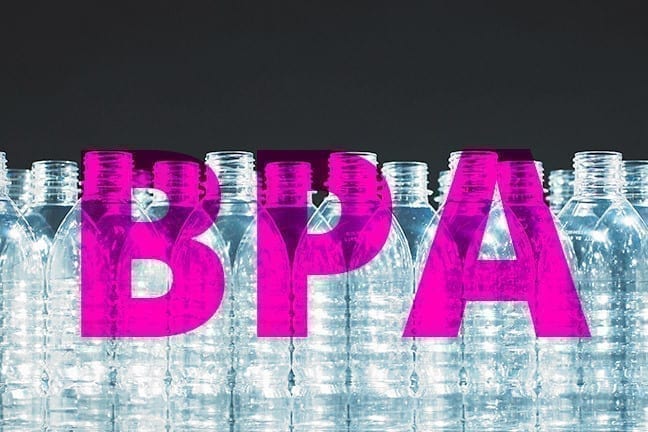You might be unfamiliar with the term “bisphenol A,” but you know this chemical all too well. BPA is everywhere. You ingest it whenever you use certain plastics or canned foods.You even handle it when you stuff a cash register receipt in your wallet. And some receipts have twice the recommended safe limit (3.5 milligrams of BPA per day), according to the U.S. Environmental Protection Agency. From here, BPA can rub off onto your fingers find its way into your (and your kids’) mouth, another reason to wash your hands and not bite your nails.What is BPA?Despite these defenses, it’s no surprise that this “fake estrogen” still finds its way into your body. The Centers for Disease Control has found BPA in 90 percent of the population studied!Exactly how is this everyday chemical toxic? BPA mimics our body’s hormones. High levels can disrupt our endocrine system, which controls the release of hormones into our bloodstream. Specifically, BPA can affect the mammary glands in women and prostate glands in men. It’s been linked to erectile dysfunction in men and early puberty in girls. If you’re predisposed to certain cancers, high doses of BPA can increase your risk of breast or prostate cancer.From Men to Mice: BPA in the labResearchers experiment with BPA’s effects by giving pregnant lab rats BPA. A new study found BPA interferes with male mice’s sexual and mental functioning. They showed signs of “demasculation,” in the form of decreased interest and ability in navigating a maze (though yes, masculinity’s measured differently in men). Female mice, in turn, showed less sexual interest in these male mice.Further research is needed to understand how BPA may affect our sexual relationships, beyond the reported association with lower sperm quality and loss of libido in men. For example, scientists are trying to understand its counter-intuitive link to higher testosterone, as well.What’s Being DoneThe list against BPA keeps growing, so people are starting to take action. Of utmost concern is that children are affected in the crucial stages of development from the womb into early adulthood. BPA is in some plastic baby bottles, and it’s more likely to leak out when milk is heated.Luckily, legislation is starting to take a stand against BPA.In 2008, Canada became the first country to ban BPA in baby bottles. Starting October 1st, 2011, a law will become effective in Connecticut, which bans BPA from infant formulas, bottles and other sources of BPA. In 2015, all receipts in Connecticut should be BPA-free. A Safe Chemicals Act is in the works, and in time, laws may follow suit nationwide and in other countries.What can you do?Take matters into your own hands. Removing BPA from your life leads to healthier everyday habits.Wash every time you get a receipt—soon. You put your hands to your face 50 times an hour (kids 100 times), so the only way of not absorbing BPA from thermal receipts is not taking the receipt, or washing frequently thereafter—and carry hand sanitizer like alcohol wipes for use on airplanes.When you use plastic, check to see if it has a 3, 6 or 7 recycling number on the bottom. If it does, it most likely contains BPA. If you’re unsure about a plastic container, opt for glass, especially when heating up liquids and foods.Also, remember: there are plenty of ways to heat food aside from the microwave. Using the stove top makes food tastier, too! (Do I smell sautéed veggies with garlic and olive oil?)You could also “go glass” in place of cans. A 2010 study found 46 out of 50 foods had traces of BPA. If a can doesn’t have a BPA-free label and you don’t want to make an investigation out of it, choose things like jarred tomato sauces as opposed to cans.But what if there are no good glass options? Visit your local farmers market. It’s refreshing to see how many fresh foods are out there. If you get fruits and veggies at their peak, they have the highest nutritional content, taste more delicious and no plastics or cans are required!Avoiding BPA products means healthier cooking and a more eco-friendly lifestyle. Start breaking free of BPA today!READ MORE: See How Else Your Environment Can Affect Your BeautyREAD MORE: Learn What the Safe Cosmetics Act Means for Your Makeup
© YouBeauty 2024




































